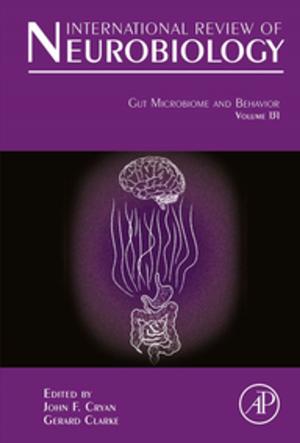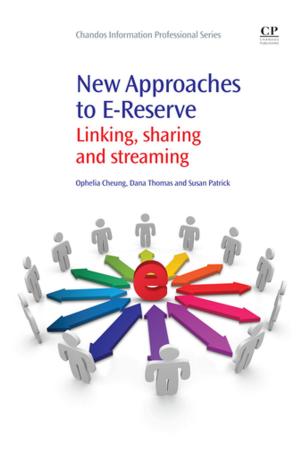Children Learn by Observing and Contributing to Family and Community Endeavors: A Cultural Paradigm
Nonfiction, Health & Well Being, Psychology, Child & Adolescent, Child Psychology, Child Development| Author: | Maricela Correa-Chávez, Rebeca Mejía-Arauz, Barbara Rogoff | ISBN: | 9780128031223 |
| Publisher: | Elsevier Science | Publication: | December 8, 2015 |
| Imprint: | Academic Press | Language: | English |
| Author: | Maricela Correa-Chávez, Rebeca Mejía-Arauz, Barbara Rogoff |
| ISBN: | 9780128031223 |
| Publisher: | Elsevier Science |
| Publication: | December 8, 2015 |
| Imprint: | Academic Press |
| Language: | English |
Children Learn by Observing and Contributing to Family and Community Endeavors, the latest in the Advances in Child Development and Behavior Series provides a major step forward in highlighting patterns and variability in the normative development of the everyday lives of children, expanding beyond the usual research populations that have extensive Western schooling in common.
The book documents the organization of children’s learning and social lives, especially among children whose families have historical roots in the Americas (North, Central, and South), where children traditionally are included and contribute to the activities of their families and communities, and where Western schooling is a recent foreign influence. The findings and theoretical arguments highlight a coherent picture of the importance of the development of children’s participation in ongoing activity as presented by authors with extensive experience living and working in such communities.
- Contains contributions from leading authorities in the field of child development and behavior
- Presents a coherent picture of the importance of the development of children’s participation in ongoing activity
- Provides a major step forward in highlighting patterns and variability in the normative development of the everyday lives of children, expanding beyond the usual research populations that have extensive Western schooling in common
- Informs and updates on all the latest developments in the field
Children Learn by Observing and Contributing to Family and Community Endeavors, the latest in the Advances in Child Development and Behavior Series provides a major step forward in highlighting patterns and variability in the normative development of the everyday lives of children, expanding beyond the usual research populations that have extensive Western schooling in common.
The book documents the organization of children’s learning and social lives, especially among children whose families have historical roots in the Americas (North, Central, and South), where children traditionally are included and contribute to the activities of their families and communities, and where Western schooling is a recent foreign influence. The findings and theoretical arguments highlight a coherent picture of the importance of the development of children’s participation in ongoing activity as presented by authors with extensive experience living and working in such communities.
- Contains contributions from leading authorities in the field of child development and behavior
- Presents a coherent picture of the importance of the development of children’s participation in ongoing activity
- Provides a major step forward in highlighting patterns and variability in the normative development of the everyday lives of children, expanding beyond the usual research populations that have extensive Western schooling in common
- Informs and updates on all the latest developments in the field















